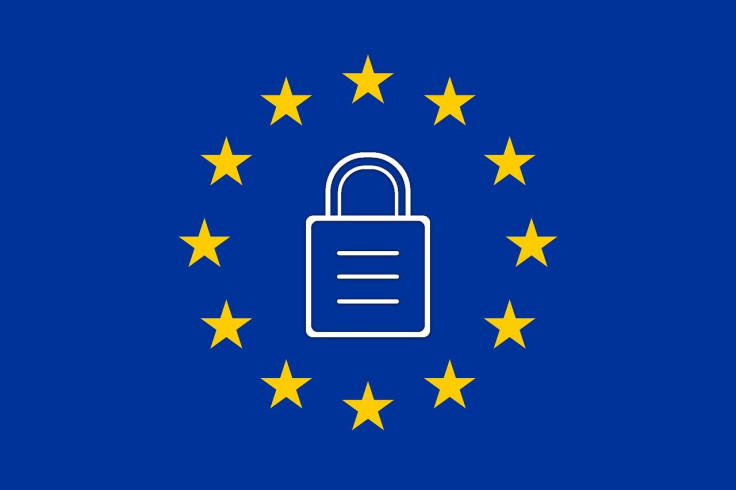GDPR Regulatory Framework Is A Blueprint For Corporate Climate Disclosures
For more than six months since the WHOs declaration of the COVID-19 global pandemic, the corporate world and financial markets are still navigating the uncertainty of the "new normal".
While corporate leaders around the world adjust and realign their organizations, another inescapable business risk has presented itself – climate change. It's been a pivotal year for the topic especially for those in major business circles. Many of the world's most influential companies and leaders have significantly stepped up their rhetoric about the impact of climate change on the financial markets.
Those discussions have led to record level commitments by Fortune 500 companies and institutional investors to reduce the carbon footprint of their operations and investment portfolios. However, it's unclear how companies will approach this oncoming challenge and find success.
Measuring an organization's carbon footprint is a complex exercise that ranges between guesswork and overcomplicated statistical modeling. Not only that, reporting a carbon footprint using an acceptable format for investors and regulators is a different challenge altogether as it requires more than just emissions calculations.
Since the recent World Economic Forum in Davos this January, a vocal group of senior business leaders have stepped up their demands calling for unified climate disclosure standards and frameworks across reporting companies, investors, and regulators. The most vocal group has been Bank of America Chairman and CEO Brian Moynihan. At the gathering, he stated, "Companies want harmonized [climate disclosure] standards so they don’t have to 'argue with everybody'."

Davos was just the start. In the short time since then, there have been key endorsements around a few major climate disclosure standards. In the same month after Moynihan made his statement, Blackrock, the world's largest asset manager with $7.4 trillion of assets under management, endorsed the Sustainability Accounting Standards Board (SASB) and Task-Force for Climate-Related Financial Disclosures (TCFD) frameworks.
As is usually the case where the markets lead, regulators will follow – and they've done just that.
In September, New Zealand became the first country to introduce TCFD reporting requirements for organizations above $1 billion in assets and the EU Commission's Green Deal working group is closing its first public comment period shortly.
Just as it did with setting the first global precedence for a modern and comprehensive framework for data privacy regulation, the EU will once again lead the way in formalizing the framework's requirements for companies to provide climate disclosures. The difference between then and now is that those climate regulators can now draw upon the experiences of their peers that have developed the General Data Protection Regulation (GDPR) standards.
These new climate standards will force organizations to collect and manage their carbon footprint data and structure it into specific standards. In most cases, organizations already have this data readily accessible, though it's almost always poorly organized and certainly not in a standard reporting format.
As with GDPR, companies will develop solutions to address new business challenges in the market. Entrepreneurs with a great deal of foresight, like Kabir Barday, CEO and co-founder at OneTrust, saw well ahead of the data privacy laws and developed a product to adhere to the newly minted regulatory frameworks. In the two years since GDPR was enforced, OneTrust has become the fastest growing company in America.
While there is uncertainty around the regulation, including the timing of it going into effect and specific reporting guidelines for companies and investors, the overall consensus is that it's coming and the details will be finalized before long.
(Kentaro Kawamori is the co-founder and CEO of Persefoni.)
© Copyright IBTimes 2024. All rights reserved.





















